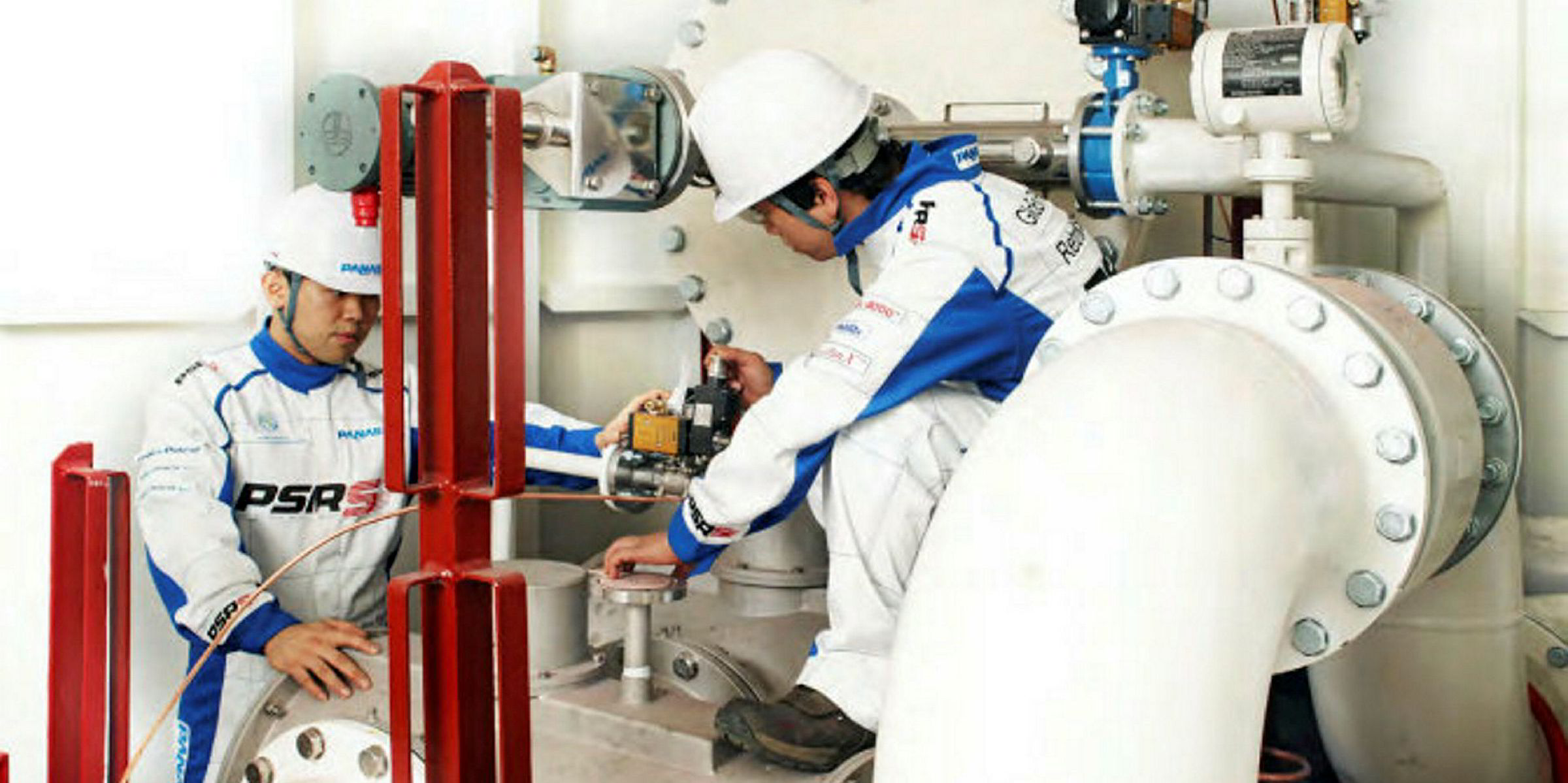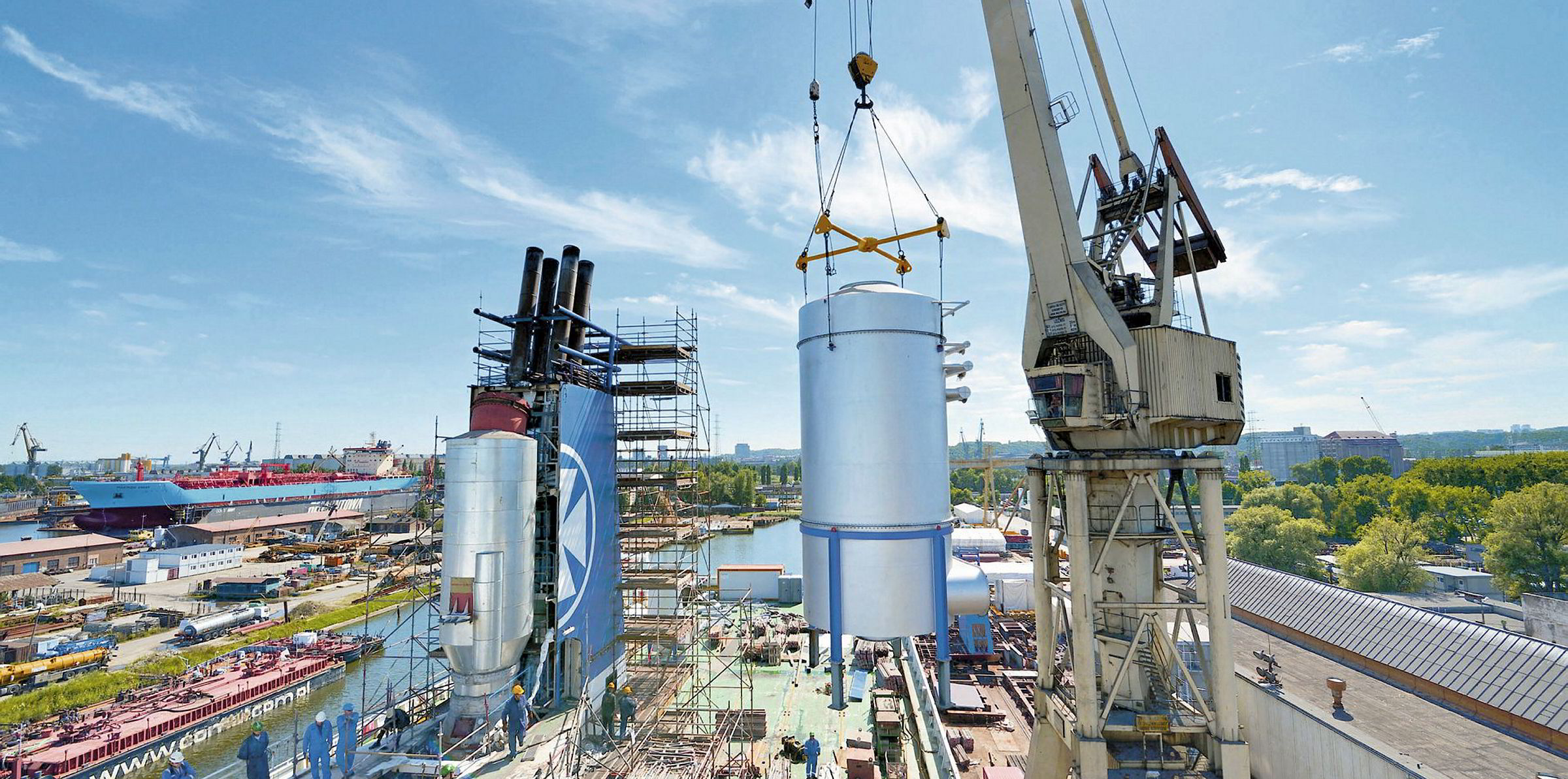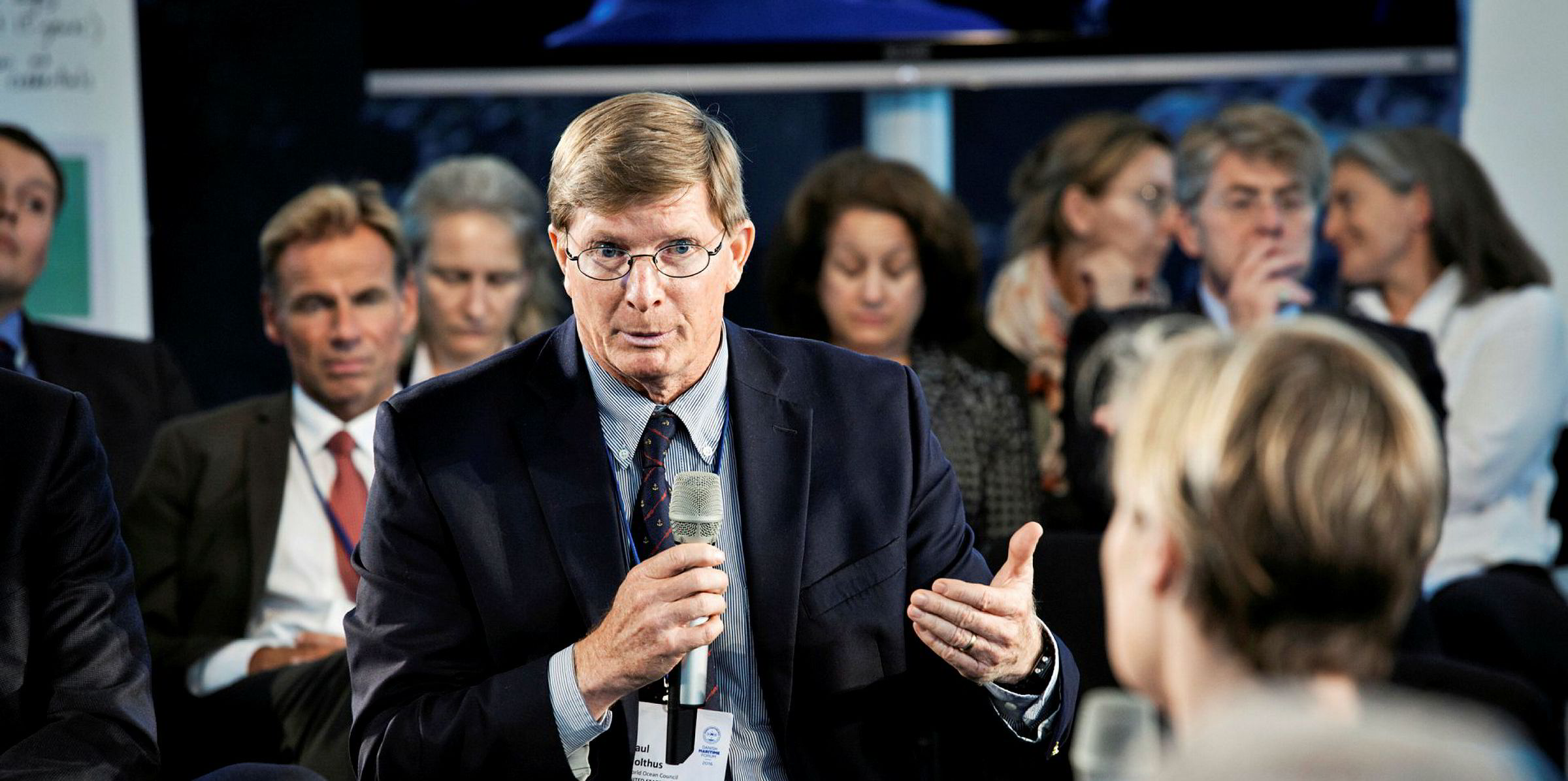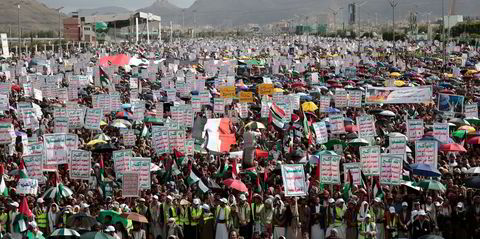The world’s third biggest maker of a key piece of ship environmental equipment has had its official accreditation withdrawn by the South Korean government.
The Ministry of Oceans and Fisheries has cancelled the type approval for two variants of Panasia’s GloEn ballast water treatment system, throwing the market into confusion.
The decision presents owners of more than 1,100 ships fitted with the equipment with the risk of remedial work or retrofits costing in total up to KRW 100bn ($85m), according to reports.
Panasia has taken an appeal against the decision to South Korea’s administrative court, which has put the case on hold until a final ruling is made on 13 March.
Panasia, which is one of the country's leading marine equipment manufacturers, has said it risks closure unless the decision is overturned.
Panasia told TradeWinds that only its PU250 and PU500 models were affected. The systems could continue to be operated "without any restriction" pending the court's ruling, the company added.
Reaction in South Korea’s ship equipment sector has been shock. One executive who did not want to be identified told TradeWinds: “I was very shocked and surprised to hear this news.
“Panasia is a major name in shipping in [South] Korea and has a big role in the industry. This has big implications.”
Ballast water treatment systems will become mandatory on most vessels from 2024 under an IMO convention agreed in 2004 to control the spread of marine organisms and sediment in ballast water.
The IMO rule came into force towards the end of 2017 but global enforcement and agreement on technical standards for equipment has been drawn out.
Already confusing picture
Shipowners have faced a confusing picture with alternative standards and equipment approved for different territories.
The Ministry of Oceans and Fisheries said its decision to revoke the licence came after an investigation that revealed the Panasia products were not made in accordance with the approval. There are allegations some parts were made by other firms and relabelled.
Panasia has around 15% of the market for ballast water treatment plants, according to Clarksons. It has fitted 1,145 vessels, of which the majority 1,070 belong to foreign owners as only 75 are on South Korean ships.
The country's government has issued a supplementary order to replace the effected equipment. "We are also considering criminal charges if Panasia fails to comply with the order,” the ministry told South Korea’s Yonhap News Agency.
Globally, 10,298 vessels either have ballast water treatment systems fitted or are set to have one fitted, according to Clarksons data. Some 1,1574 retrofits have been completed with a further 1,664 on order.
This article has been amended to add comments from Panasia






